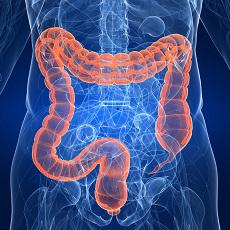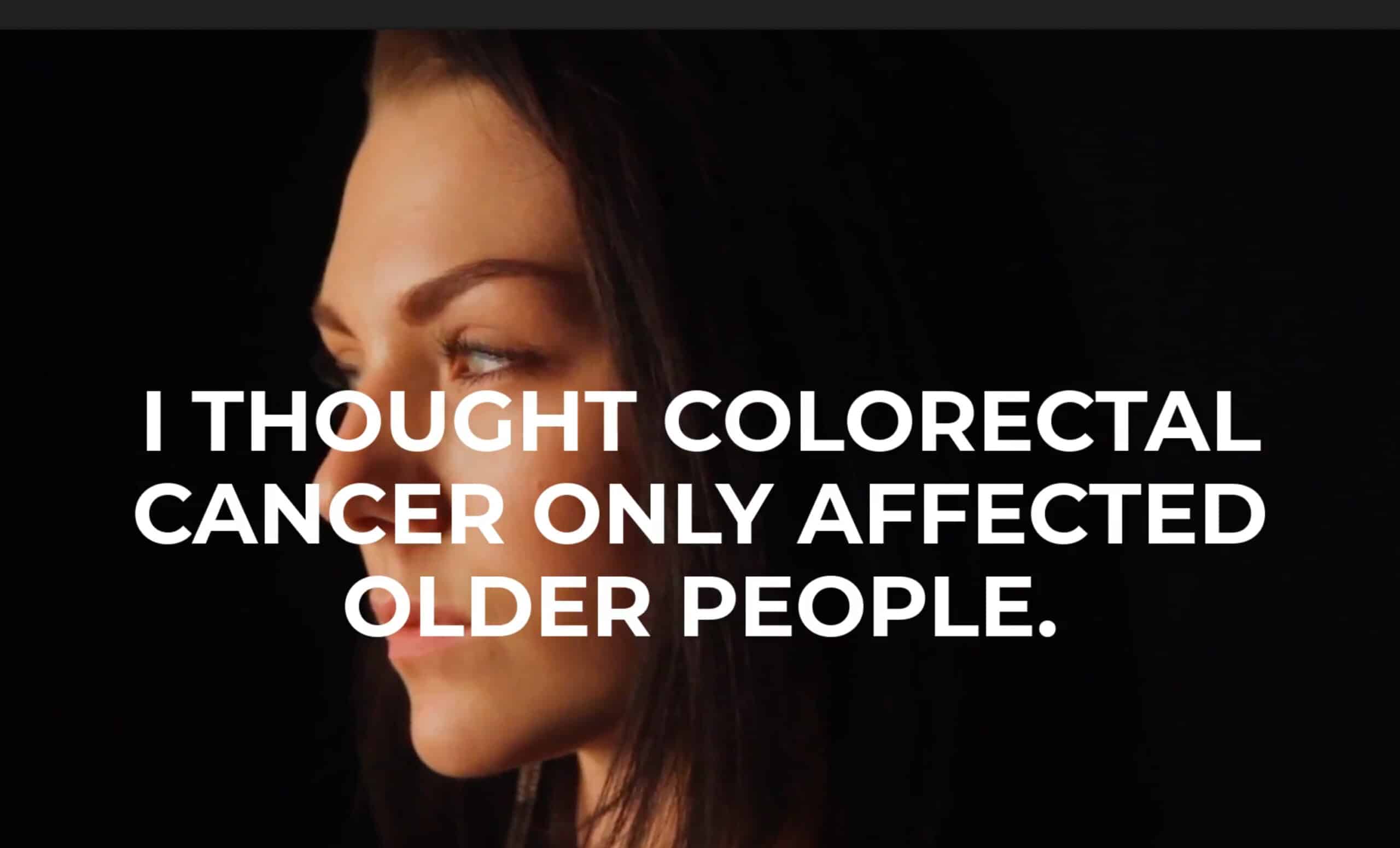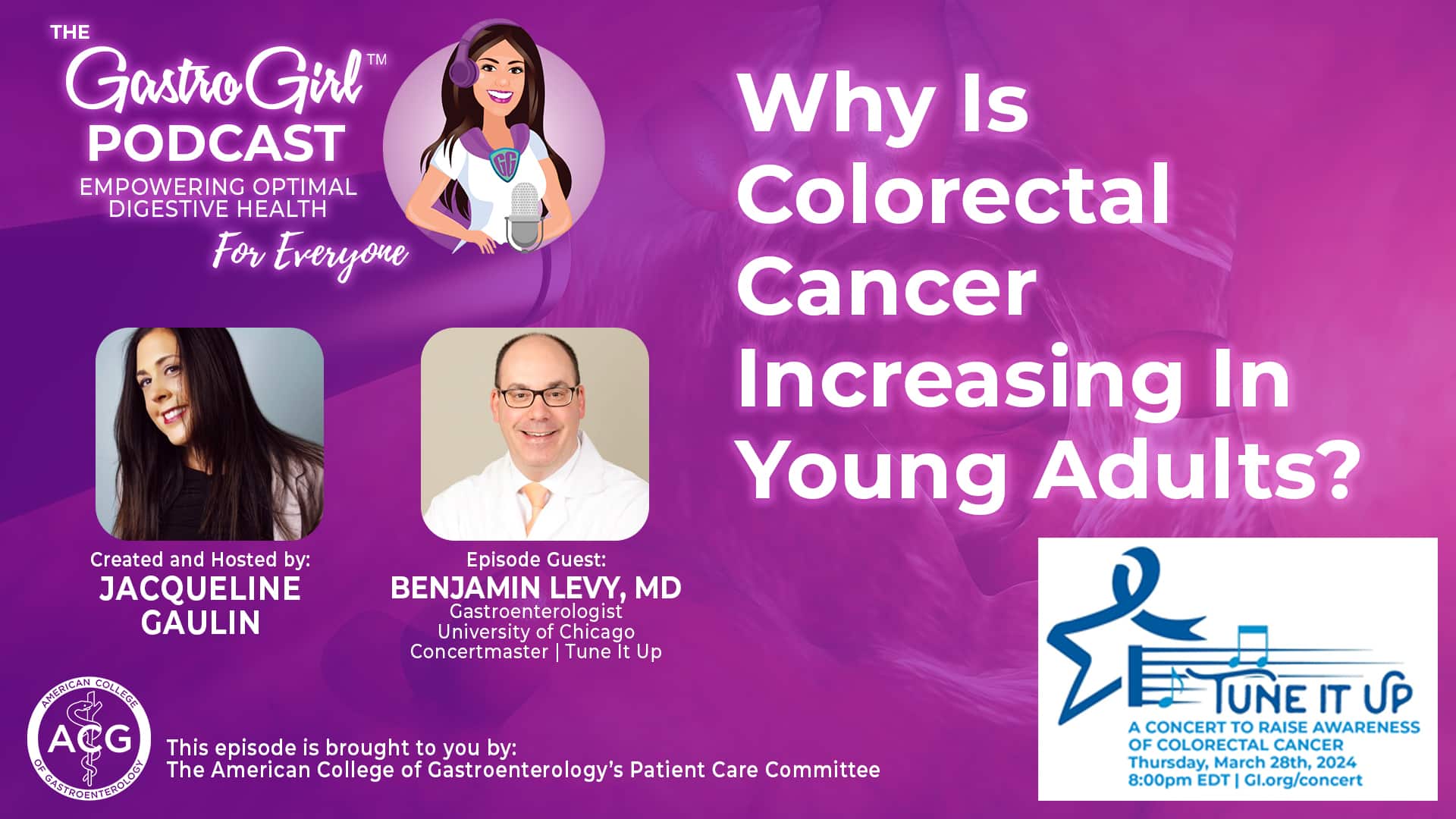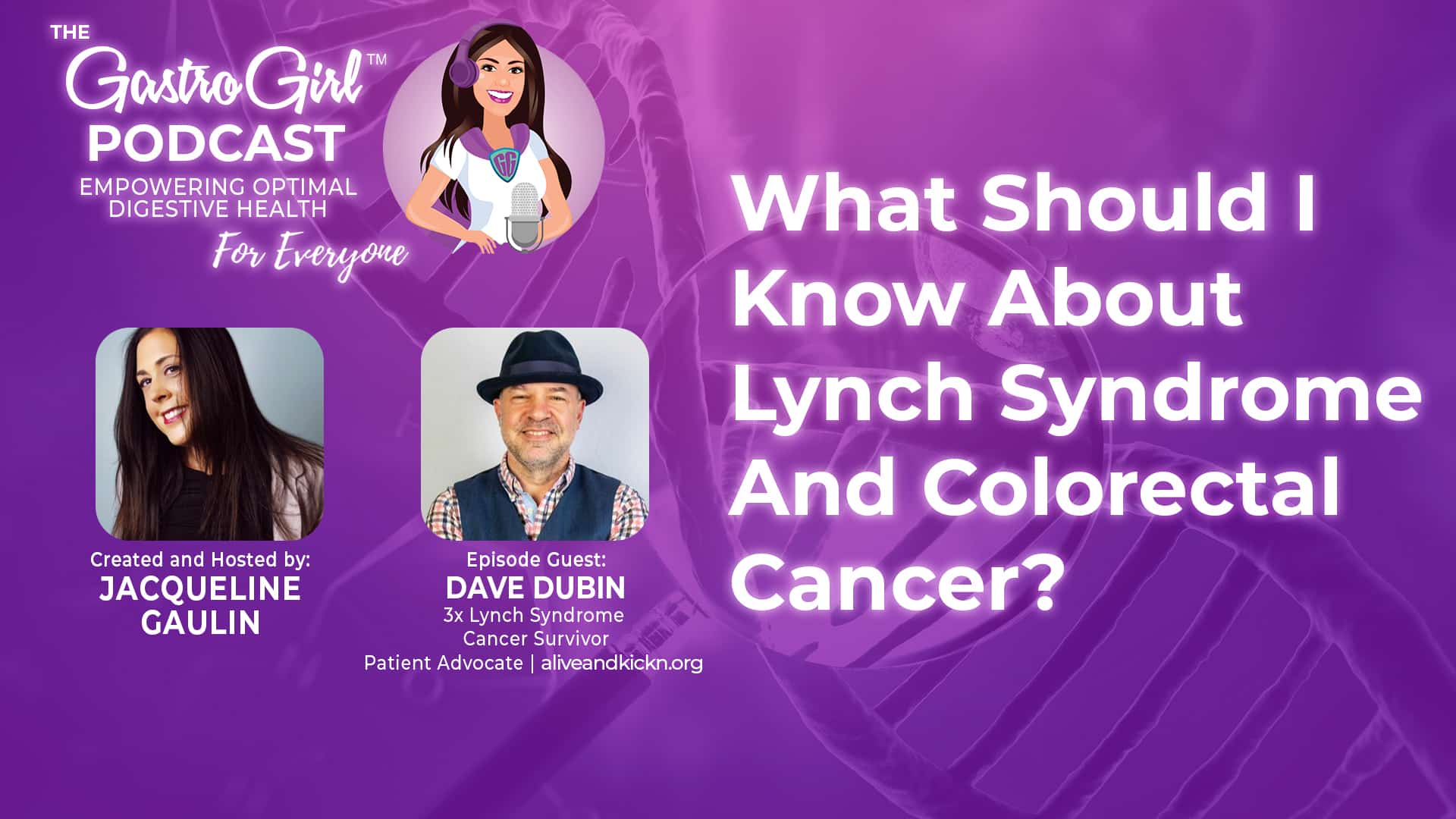
Colorectal Cancer

Summary
What is colorectal cancer?
Colorectal cancer is cancer that develops in the tissues of the colon or rectum. Your colon and rectum are part of your digestive system:
- Your colon is the first and longest part of your large intestine. It absorbs water and some nutrients from foods. It also changes the leftover waste products into stool (poop).
- Your rectum is the lower part of your large intestine. It’s where your body stores stool.
Cancer that begins in the colon is called colon cancer, and cancer that begins in the rectum is called rectal cancer. Cancer that affects either of these parts may also be called colorectal cancer.
What causes colorectal cancer?
Colorectal cancer happens when there are changes in your genetic material (DNA). These changes are also called mutations or variants. Often, the genetic changes that lead to colorectal cancer happen during your lifetime and the exact cause is unknown. But certain genetic changes that raise your risk for colorectal cancer are inherited, meaning that you are born with them.
Besides genetics, other factors, including your lifestyle and the environment, can affect your risk of colorectal cancer.
Who is more likely to develop colorectal cancer?
Anyone can get colorectal cancer, but certain factors make you more likely to develop it:
- Being older; your risk of getting colorectal cancer increases as you age.
- Having a personal or family history of colorectal cancer.
- Having a history of adenomas. Adenomas are colorectal polyps (growths) that look abnormal under a microscope or are 1 centimeter or larger. Adenomas are not cancer, but they can sometimes turn into cancer over time.
- Having a genetic syndrome such as familial adenomatous polyposis (FAP) or Lynch syndrome (hereditary non-polyposis colorectal cancer).
- Having chronic ulcerative colitis or Crohn disease for 8 years or more.
- Having three or more alcoholic drinks per day.
- Smoking cigarettes.
- Being Black; Black people have an increased risk of colorectal cancer and death from colorectal cancer compared to other races.
- Having obesity.
What are the symptoms of colorectal cancer?
Colorectal cancer may not always cause symptoms, especially at first. If you do have symptoms, they could include:
- A change in bowel habits that lasts more than a few days, such as:
- Diarrhea
- Constipation
- Feeling that the bowel does not empty completely
- Your stool is narrower or has a different shape than usual
- Blood (either bright red or very dark) in the stool
- Frequent gas pains, bloating, fullness, or cramps
- Weight loss for no known reason
- Fatigue
What is screening for colorectal cancer and who needs it?
Because colorectal cancer may not cause symptoms at first, it’s important to have screening tests for colorectal cancer. Screening tests look for signs of a disease before you have any symptoms. They can help find cancer early, when it may be easier to treat.
Most experts recommend that start screenings at 45 and continue until at least age 75. People over 75 and those who are at high risk should talk to their providers about how often you need screening and what type of test they should get.
The types of tests include different stool tests and procedures such as colonoscopies and flexible sigmoidoscopy. Talk with your provider about how often you need screening and what type of test you should get.
How is colorectal cancer diagnosed?
If you have symptoms that could be caused by colorectal cancer or if your screening test results are abnormal, you may need to have more tests to find out if you have cancer. Possible tests include:
- A physical exam.
- A digital rectal exam. For this exam, your provider inserts a lubricated, gloved finger into your rectum to feel for lumps or anything unusual.
- The tests that are also used for screening (colonoscopy, stool tests, etc.) and biopsy, if you have not already had them.
- Other blood and tissue tests.
What are the treatments for colorectal cancer?
Your treatment options usually depend on your age, your general health, how serious the cancer is, and which type of cancer you have.
For colon cancer, your treatment may include one or more of these options:
- Surgery.
- Radiofrequency ablation, a procedure that uses radio waves to heat and destroy abnormal cells. The radio waves travel through electrodes (small devices that carry electricity).
- Cryosurgery, a procedure in which an extremely cold liquid or an instrument called a cryoprobe is used to freeze and destroy abnormal tissue.
- Chemotherapy.
- Radiation therapy.
- Targeted therapy, which uses drugs or other substances that mainly attack specific cancer cells and cause less harm to normal cells.
- Immunotherapy.
For rectal cancer, your treatment may include one or more of these options:
- Surgery.
- Radiation therapy.
- Chemotherapy.
- Active surveillance, which means having regular tests to see if your rectal cancer has changed. If the tests show the cancer is starting to grow, then you will have treatment to try to cure the cancer.
- Targeted therapy, which uses drugs or other substances that mainly attack specific cancer cells and cause less harm to normal cells.
- Immunotherapy.
Can colorectal cancer be prevented?
Avoiding the risk factors that you have control over may help prevent some cancers. That includes:
- Not smoking
- Limiting alcohol to under three drinks per day
- Managing your weight
There are also other steps you can take to try to prevent colorectal cancer. They include:
- Getting regular colorectal cancer screenings
- Having polyps removed before they can become cancerous
- Getting regular exercise
Source: MedlinePlus, National Library of Medicine.
MedlinePlus brings together authoritative health information from the National Library of Medicine (NLM), the National Institutes of Health (NIH), and other government agencies and health-related organizations.
General Information about Colon Cancer
National Cancer Institute
General Information about Rectal Cancer
National Cancer Institute
What Is Colorectal Cancer?
American Cancer Society
Abdominal exploration - series
Medical Encyclopedia
Anoscopy
National Library of Medicine
At-Home Medical Tests
National Library of Medicine
CEA Test
National Library of Medicine
Colonoscopy: MedlinePlus Health Topic
National Library of Medicine
Colorectal Cancer Screening
National Cancer Institute
Colorectal Cancer Screening Tests
National Library of Medicine
Fecal Occult Blood Test (FOBT)
National Library of Medicine
Get Screened for Colorectal Cancer
Office of Disease Prevention and Health Promotion
Lower GI Series (Barium Enema)
National Institute of Diabetes and Digestive and Kidney Diseases
Risks of Colorectal Cancer Screening
National Cancer Institute
Screening Tests to Detect Colorectal Cancer and Polyps
National Cancer Institute
Stages of Colon Cancer
National Cancer Institute
Stages of Rectal Cancer
National Cancer Institute
Stool DNA Test
Mayo Foundation for Medical Education and Research
Tumor Marker Tests
National Library of Medicine
Colostomy - series
Medical Encyclopedia
Drugs Approved for Colon and Rectal Cancer
National Cancer Institute
Laparoscopic Colon Resection
Society of American Gastrointestinal and Endoscopic Surgeons
Large bowel resection - Series
Medical Encyclopedia
Ostomy Surgery of the Bowel
National Institute of Diabetes and Digestive and Kidney Diseases
Treatment Option Overview (Colon Cancer)
National Cancer Institute
Treatment Option Overview (Rectal Cancer)
National Cancer Institute
Gastro Girl’s Favorite Things
Denali: A Man, a Dog, and the Friendship of a Lifetime
When Ben Moon moved from the Midwest to Oregon, he hadn’t planned on getting a dog. But when he first[…]
Blush: How I Barely Survived 17
Nobody said growing up is easy. For Danielle, the safe suburbs of Kansas City always felt warm. Inviting. But one[…]
Listen to our
latest Podcast!













